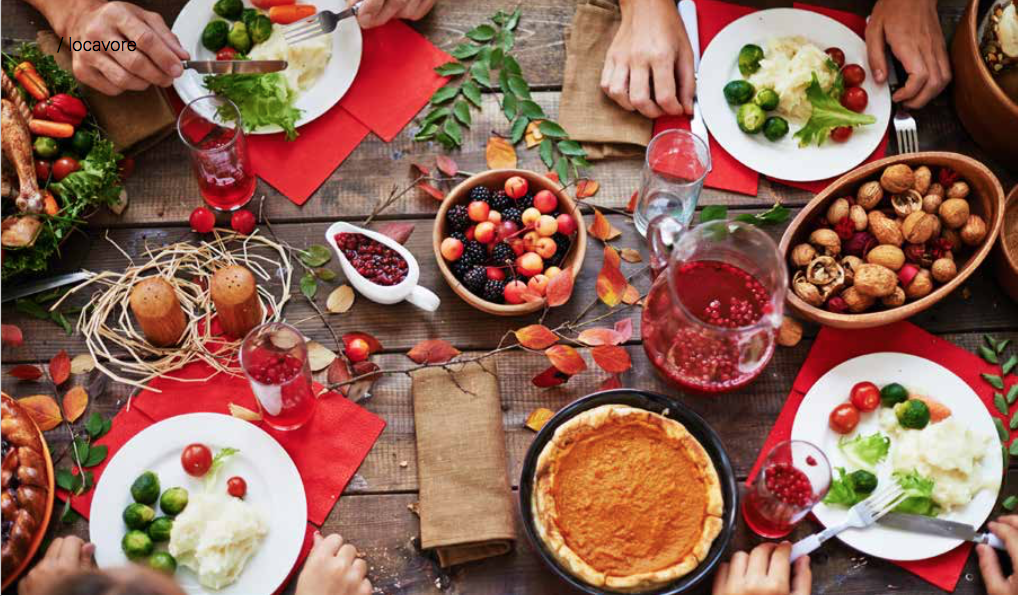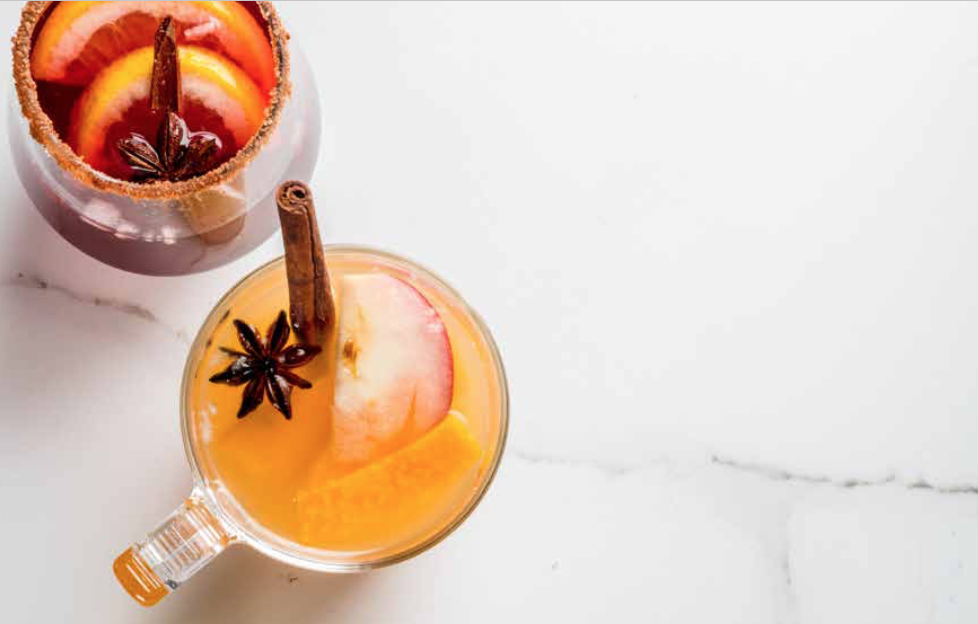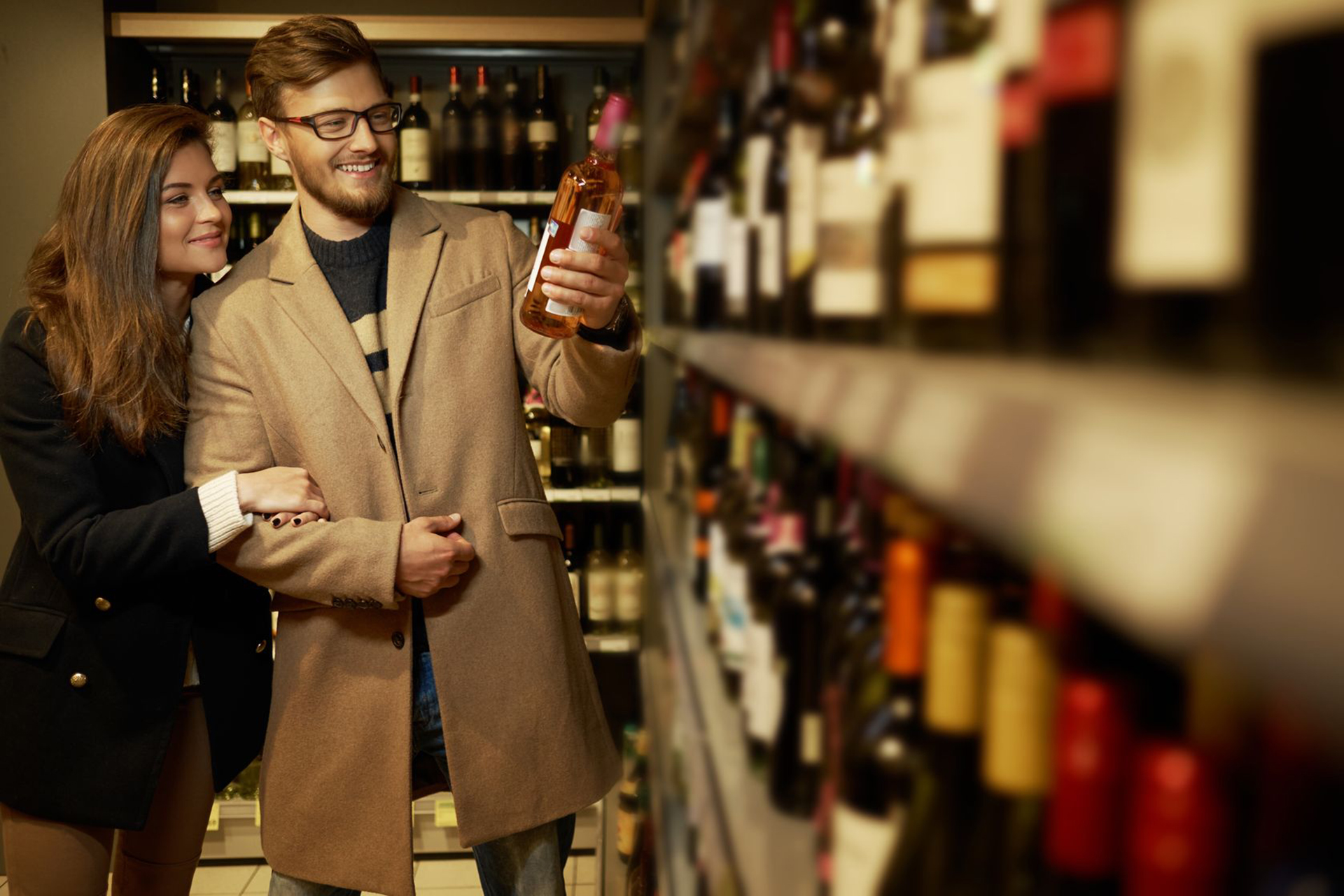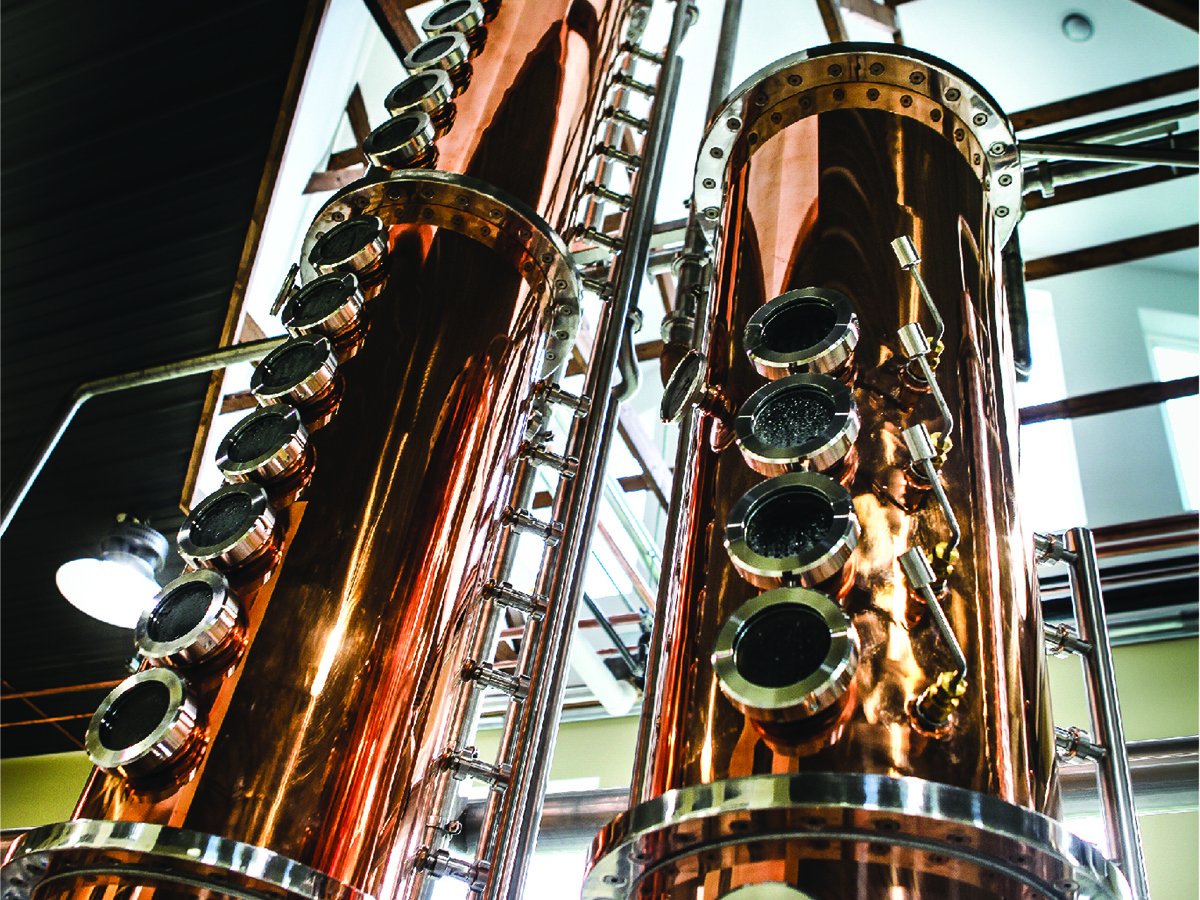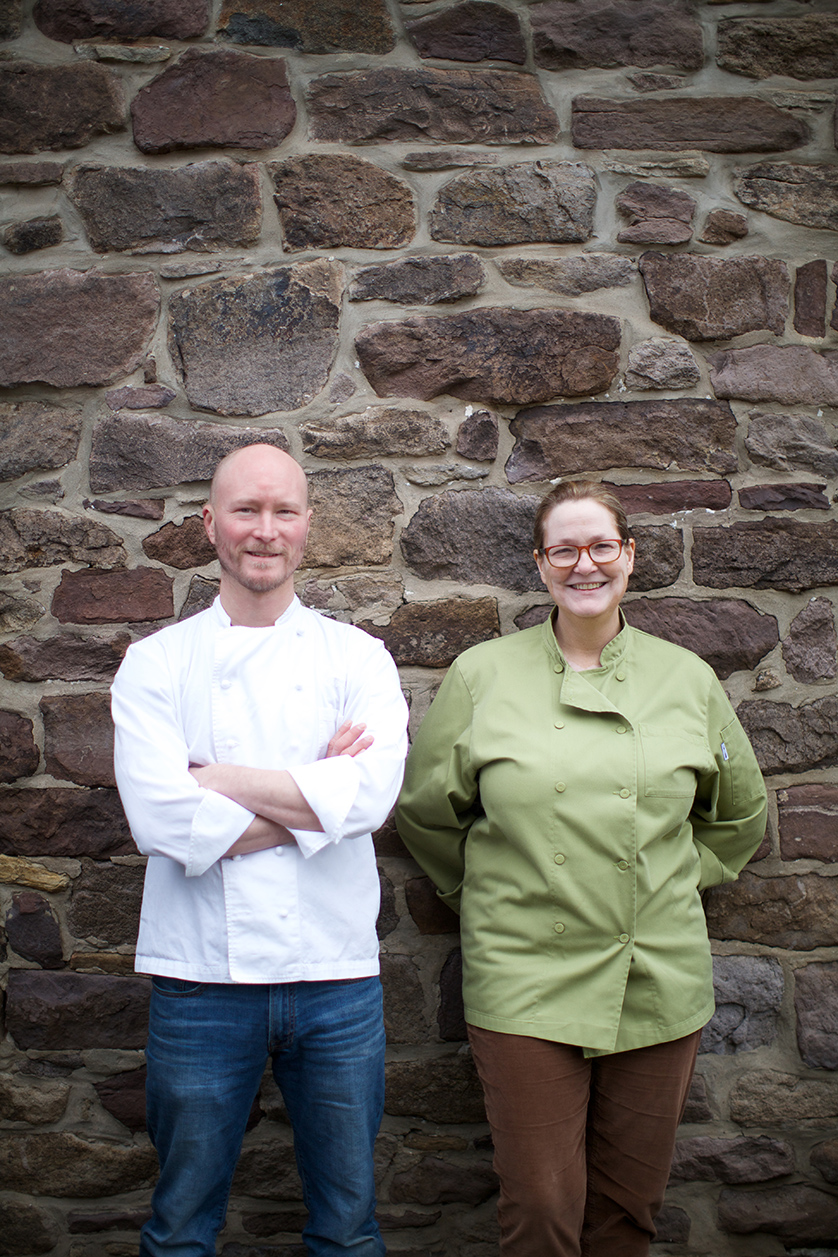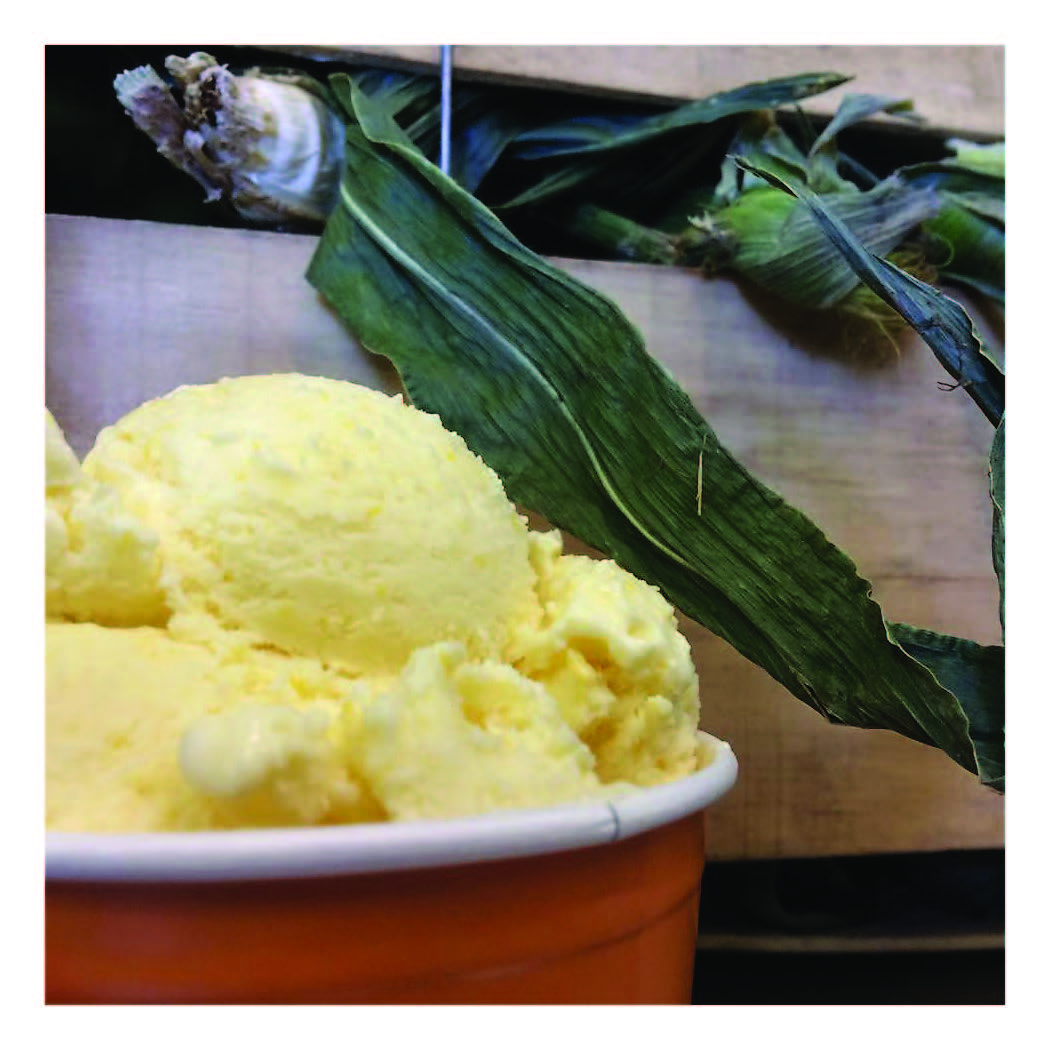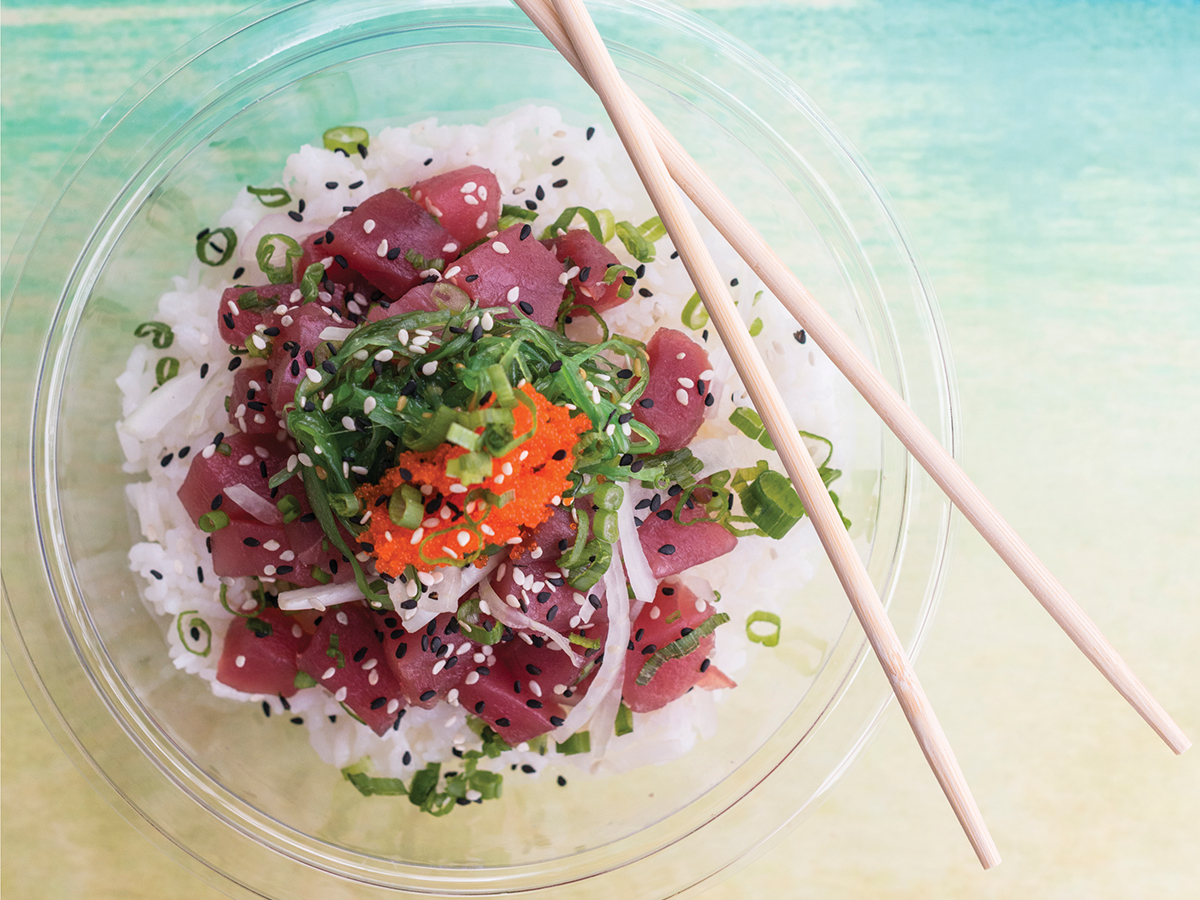
The New Rules of Cooking with Wine
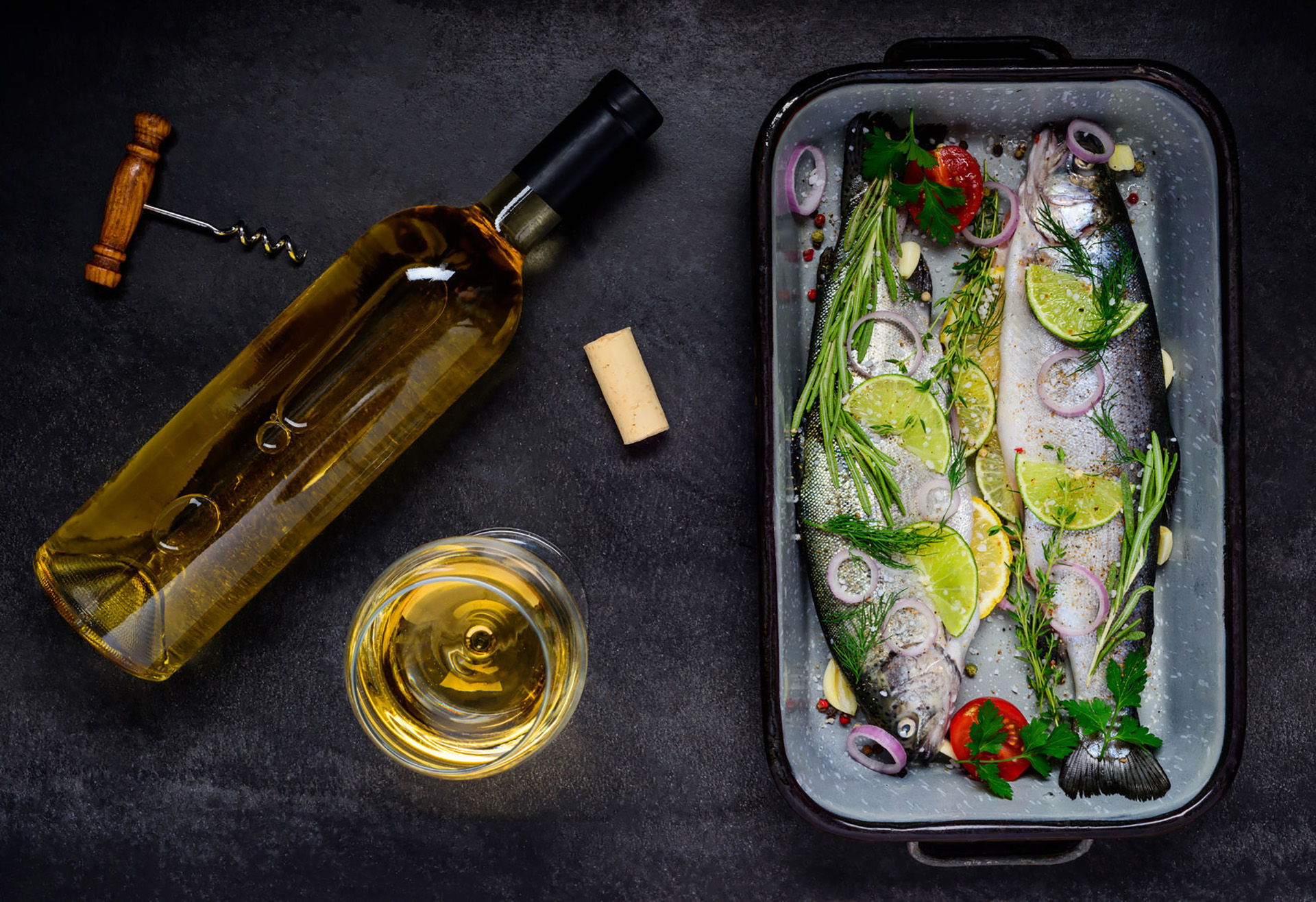
DIY
They’re really more of an update than a total departure, but they’re still going to turn up the flavor on your favorite dishes.
By Kendra Lee Thatcher
Rules provide us with fundamental foundations. But that doesn’t mean they’re untouchable. Everything’s worth a second look. It’s part of evolution. I especially love heading into my kitchen and challenging the establishment. It’s less about how I can do it better and more about how I can do it differently, because cooking is a study in nuance. The same recipe altered by a degree or two will yield completely different flavors.
 Here in the heart of braising and stew season, I got to thinking about cooking with wine. Winemaking is progressing by great leaps and bounds. Yet, we’re still cooking with wine in a lot of the same ways that Julia Child taught us (use the cheap stuff, apply liberally). I decided to experiment with coq au vin, and what I found is that some small changes yield big flavor.
Here in the heart of braising and stew season, I got to thinking about cooking with wine. Winemaking is progressing by great leaps and bounds. Yet, we’re still cooking with wine in a lot of the same ways that Julia Child taught us (use the cheap stuff, apply liberally). I decided to experiment with coq au vin, and what I found is that some small changes yield big flavor.
What follows are a couple of the more critical lessons I learned that afternoon. I’ve since applied them to scampi, risotto, even baking, all with crowd-pleasing results.
Cook like you drink
We’re finally catching up to the fact that freshness matters. Veggies from the farmers market taste better than veggies plucked from the produce aisle. So why, then, would you dump a $7-bottle of Yellow Tail into the pot? The point of the wine is to coax even more complexity from those delicate flavors. But a cheap wine is only going to drown them.
A better-quality wine usually means less sugar and artificial tampering, which translates to more pronounced flavors and textures. And all of that will come through in the cooking. Basically, stop thinking in terms of wine that you drink and wine that you cook with. You’ve honed your standards with the former. It’s time now to do it with the latter.
And drink what you cook with
In that vein, serve the rest of that bottle with dinner. And have more of it waiting in the wings. The pairing will add a whole new dimension to the wine. Waves of cassis and tobacco were suddenly coming through the burgundy I used in the coq au vin. As prominent and pleasant as they were, they spilled down my throat unnoticed before.
 Be bold, not reckless
Be bold, not reckless
Once you get a couple of successful meals beneath you, resist the urge to take bigger risks. The idea here is to update a few rules, not rewrite them entirely. Think changes by degrees, not by miles. I swapped the traditional Chianti in my grandmother’s Sunday gravy with Lambrusco. I made scallops and scampi with Prosecco. And I marinated pork in sake. Treat the wine as you would any other ingredient in the dish. Consider its flavor profile and the dish’s before cooking anything. If they seem like they’d marry well, go for it. If it requires too much blind faith, move on.
Respect the one hard and fast rule
Unless you’re making a crockpot meal where everything goes in together, take the time to layer your flavors. When you let the wine mingle with the other ingredients before you start introducing stocks and the like, you’re giving the alcohol a chance to cook off. And that’s a good thing because the wine’s flavor profile will then meld with the dish. Rush it, and no matter how good the wine, all you’re really going to get is the alcohol.
There’s nothing new here, but it’s worth mentioning because it’s a technique that too many of us gloss over. I wouldn’t want you to try this on your own, only to rush the wine and think that’s nothing’s changed.




